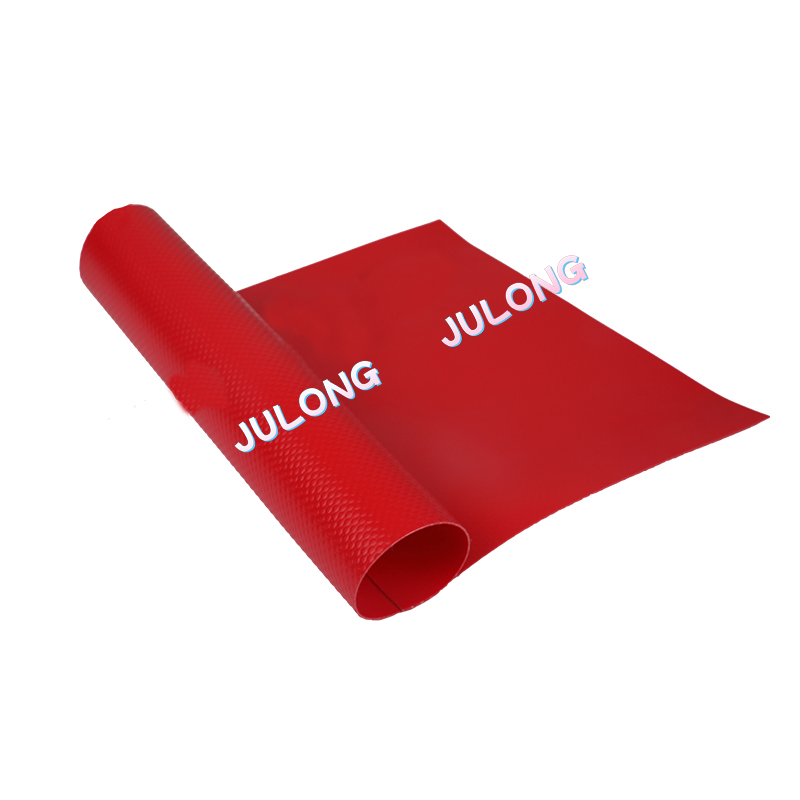The longevity of PVC coating on polyester fabric can vary based on several factors, including the quality of the coating, environmental conditions, and usage. Generally, high-quality PVC coatings can last for many years if properly maintained.
Factors influencing the lifespan of PVC coating include:
Quality of Materials: Higher quality PVC coatings tend to have better durability and resistance to degradation.
Exposure to UV Radiation: Prolonged exposure to sunlight can cause PVC coatings to degrade over time. UV-resistant coatings can mitigate this effect.
Temperature Extremes: Extreme heat or cold can affect the flexibility and integrity of PVC coatings fabric. Some coatings are designed to withstand a wide range of temperatures.
Chemical Exposure: Contact with harsh chemicals or pollutants can accelerate the degradation of PVC coatings. Chemical-resistant coatings are available for applications where exposure to such substances is likely.
Mechanical Stress: Abrasion, stretching, or punctures can compromise the integrity of PVC coatings, especially in high-stress areas.
In terms of conditions it can withstand, PVC-coated polyester fabric is often used in outdoor applications where it may be exposed to various weather conditions, including rain, wind, and snow. It is generally resistant to water penetration, making it suitable for use in waterproof structures, tents, awnings, inflatable products, and protective covers. However, prolonged exposure to extreme conditions such as intense sunlight, high winds, or freezing temperatures may eventually degrade the PVC coating and reduce its lifespan. Therefore, proper care and maintenance, such as regular cleaning and inspections, can help prolong the life of the PVC-coated fabric.


 English
English عربى
عربى







